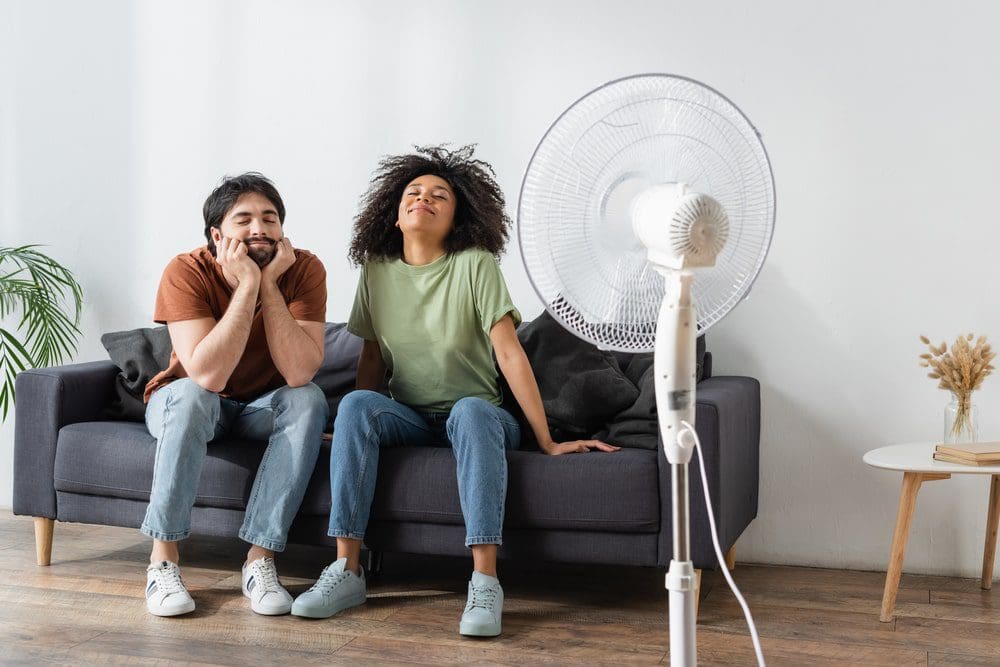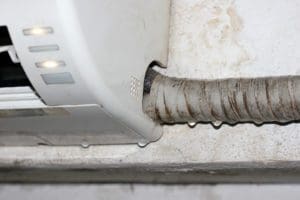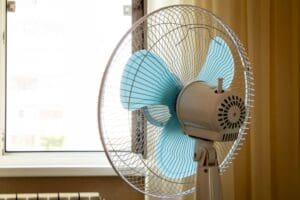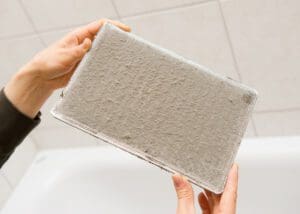
As summer is in full swing, ensuring your home’s heating, ventilation, and air conditioning (HVAC) system works well is wise. Our skilled professionals have compiled a list of HVAC tips to ensure your HVAC system and household needs smoothly align. In addition, our HVAC summer tips can cut down on energy costs and keep you from buying expensive new equipment in the future.
Users must be cautious not to overload or use the system unreasonably because doing so can cause it to break down over time. However, with our set of effective summer-oriented HVAC techniques, you can always maintain the right temperature, no matter how high the temperatures climb.
Common Summer HVAC Problems

While you can pack your summer with fun in the sun, it can quickly lose its charm if you run into problems with your summer air conditioning unit. Whether it’s a leaking AC, a complete breakdown, an overworked system, high energy bills, or ineffective cooling, we’re here to help.
Let’s look and see what the most common summer heating and cooling unit problems are and how to address them to keep you comfortable all season long.
- Leaking AC – It’s highly frustrating when your air conditioner springs a leak. You can encounter this issue if you have an evaporator coil that froze or a clogged condensate drain line. Regular air conditioning maintenance can help prevent leaking issues, but if you already have them, our technicians can come out, inspect the unit, and help get you back up and running.
- Broken AC – When your AC breaks, especially during the hot summer, it can go from inconvenient to uncomfortable. This could happen for various reasons, including wiring issues, a faulty thermostat, or a broken compressor. This is why one of our biggest tips for summer heating and cooling units is to schedule regular maintenance to prevent a breakdown.
- Overworking – An overworked HVAC system can struggle to keep a comfortable temperature, leading to wear and tear. This occurs when you have a system that isn’t big enough for your home, or your ductwork doesn’t have the proper sealing and insulation. A certified tech can assess your system and make the necessary recommendations or adjustments to ensure it operates correctly, and this will keep your home comfortable while saving costs.
- High Energy Bills – If your energy bills had an unexpected spike, this could signal that your HVAC system is working far harder than it has to. Leaky ducts, dirty filters, and a system that isn’t operating efficiently can all contribute to this problem. Our techs can test and find out your home energy efficiency rating and make recommendations to keep you comfortable and cool.
- Not Cooling Properly – It’s frustrating when your air conditioner doesn’t cool your home effectively, especially in the sweltering summer temperatures. Your system may not cool properly if you have low refrigerant levels or a dirty condenser coil, or it could be something more complex.
4 Energy Saving Tips to Keep Cool without Overworking The HVAC

Keeping your home or office cool during summer without taxing your HVAC system can be tricky. This is, however, possible with a few smart strategies. Below are a few summer energy-saving tips for HVAC that we recommend. Not only will our HVAC tips help keep your home comfortable, but they’ll help you save on your utilities by reducing your energy consumption.
1. Use Ceiling or Standing Fans and Use Smart Fan Placement
Fans can drop the room temperature by several degrees. Use standing or ceiling fans in conjunction with your HVAC for optimal cooling. One smart tip is putting your fan a short distance from the window opening to pull more fresh air in, also called Bernoulli’s Principle.
2. Close Curtains and Blinds during the Day
A good amount of heat enters your home by streaming through the windows. By closing your blinds and curtains, especially during the hottest peak during the day, you can significantly reduce how hot it feels inside, and this won’t stress your HVAC system as much.
3. Use a Smart Thermostat
The introduction of the smart thermostat was a game-changer for helping you manage and meet your home’s cooling needs. This thermostat lets you set up a schedule so your HVAC doesn’t run as much when you’re not home and switches on before you arrive. This lowers utility bills and makes your home comfortable when you walk in.
4. Use a Dehumidifier
Did you know that high humidity can make it a lot harder to keep your home comfortable? If your home is too hot, a good dehumidifier may help. This inventive machine removes unwanted moisture from the air to keep you cooler and more comfortable year-round. Your unit’s ideal humidity level reduces cooling requirements, energy consumption, and HVAC maintenance.
Reasons Your Air Conditioning Might Be Overworking

It’s possible for an air conditioning system to run excessively or inadequately due to overworking. Identifying the potential culprits behind this issue is essential to prevent wasted energy consumption and increased expenses while maintaining a comfortable living environment. Below are some possible explanations for why your AC might be putting in more effort than needed:
- Dirty Air Filters – Dirty filters force your HVAC to work harder to circulate the air. Replacing or regularly cleaning them can improve how efficient your system is.
- Dirty Outdoor Unit – Dirt, leaves, and other debris can clog the outdoor unit, causing your AC to overwork. One of our HVAC tips is to schedule regular cleaning to prevent this.
- Low Refrigerant Level – Low refrigerant levels can make your AC overwork to cool your home. We can check and refill your refrigerant.
- Air Leaks inside Your Home – If you have air leaks, your AC will work much harder than necessary to maintain your desired indoor temperature. Sealing these leaks is a great way to improve your unit’s performance.
- Old, Inefficient Air Conditioner – Less efficient, older HVAC units tend to overwork to provide the desired cooling level. Check your AC Seer Rating and upgrade to a more efficient, modern unit if the old one struggles or can’t keep up.
Summer Energy Saving Tips For HVAC
We’ve discussed practical and effective ways you can reduce your energy consumption this summer. By upgrading to a high-efficiency system, using a smart thermostat, performing a home energy audit, and utilizing natural ventilation, you’re not only optimizing your HVAC system but also contributing to a more sustainable environment.
So, are you ready to embrace these energy-saving strategies? We’re here to assist. Schedule online now. Let’s make this summer your most comfortable and energy-efficient one yet.


